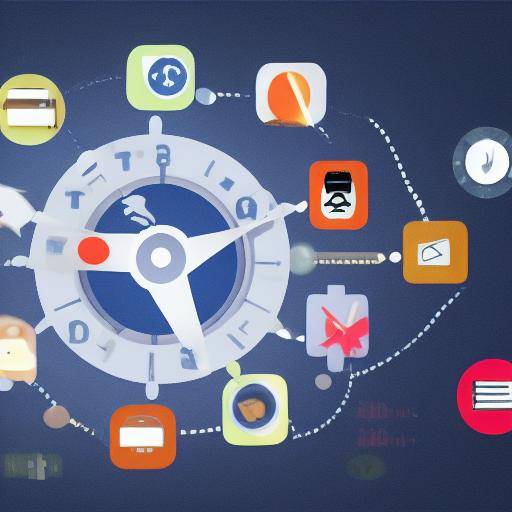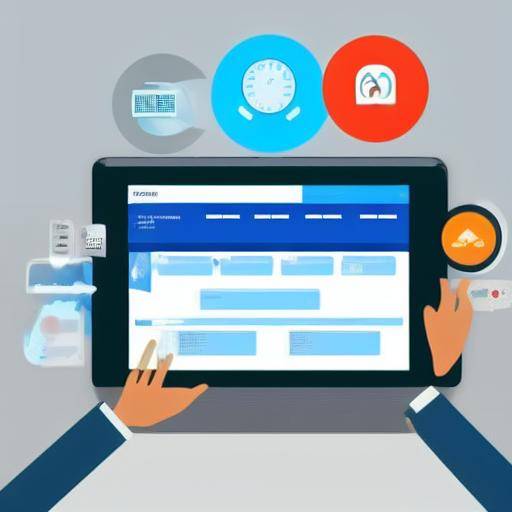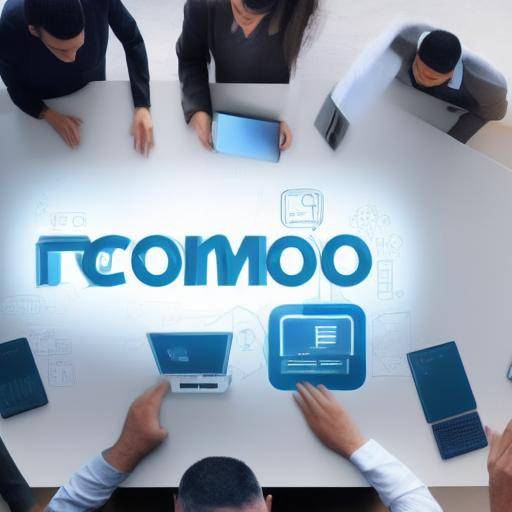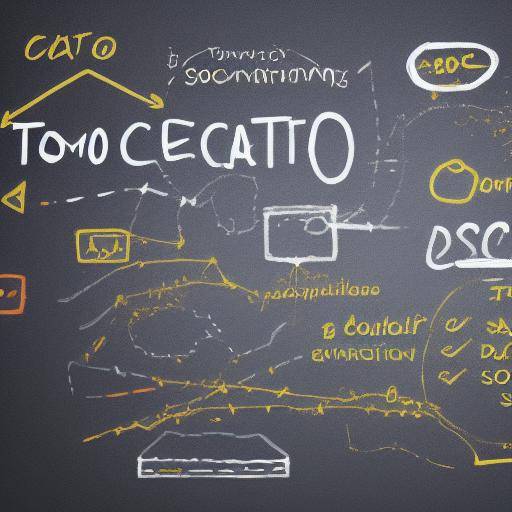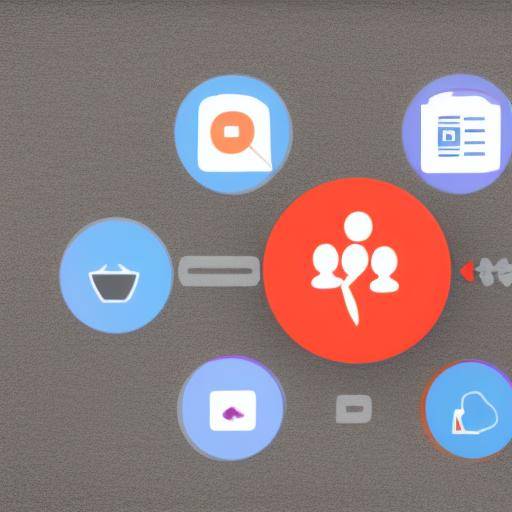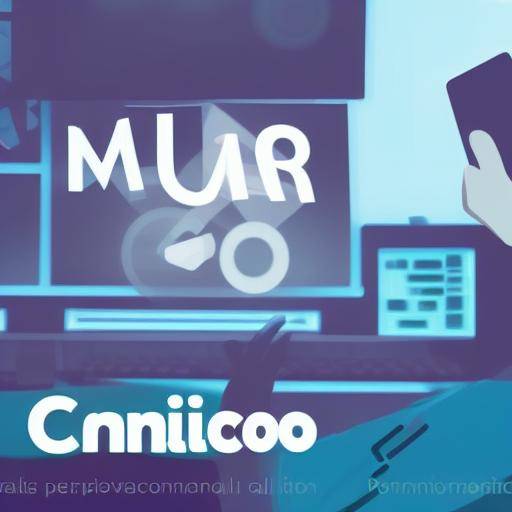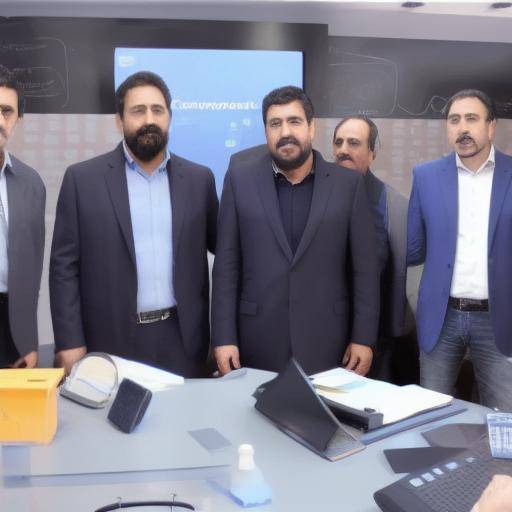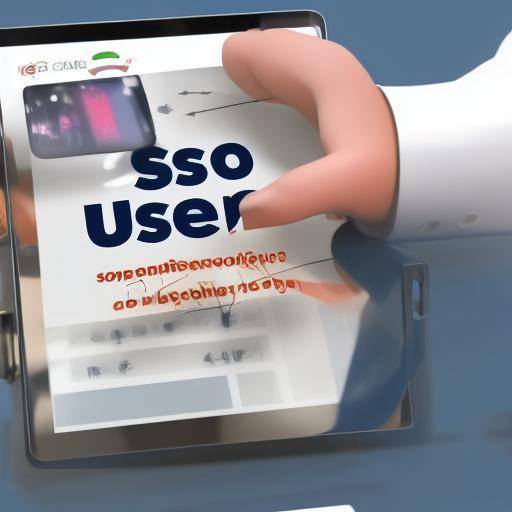
Introduction
Effective project management is essential to success in any business environment, and today, productivity technology and software play a crucial role in this process. In this article, we will explore how technology can improve project management, from its history and evolution to current and future trends. We will discover the most effective tools and strategies, as well as the challenges and opportunities that this integration entails. If you are interested in optimizing your project management skills and boosting your team's productivity using the latest available technology, this article is for you.
History and Background
Project management has a long history dating back to antiquity, but its formalization as a modern discipline was consolidated in the twentieth century. From the construction of pyramids in Egypt to contemporary engineering and technology projects, project management has been fundamental to human progress. With the emergence of the Industrial Revolution, the need to manage projects in a more organized and efficient manner became evident, leading to the development of the first formal methodologies and approaches for project management.
Evolution and Development
As companies and organizations grew in complexity and scope, project management evolved to address specific challenges. In the 1950s, the development of project management as a formal discipline experienced a significant boost with the creation of the first planning and control techniques, such as the programme review and evaluation technique (PERT) and the critical route method (PMC). These approaches allowed project managers to visualize and control the flow of activities and resources, laying the foundation for the management of modern projects.
Current Importance and Relevance
Today, project management is critical for business success, as it allows organizations to run strategies, achieve objectives and deliver value to customers efficiently. The introduction of technology has revolutionized the way projects are planned, implemented and controlled. Project management software has facilitated collaboration, communication and task tracking, leading to greater efficiency and productivity across all sectors.
Analysis in Deep
Benefits of Technology in Project Management
Technology has provided a number of significant benefits to project management, including enhanced collaboration, repetitive task automation, efficient resource management and real-time reporting. The use of productivity software as planning, monitoring and analysis tools has enabled organizations to optimize their operations and improve the quality of their deliverables.
Challenges and Considerations
Despite its benefits, integrating technology into project management also presents challenges. These include the learning curve to adopt new tools, the need to keep up with technological updates and changes, as well as ensuring data security and the privacy of information. It is essential to understand and address these challenges to maximize the benefits that technology can bring to project management.
Current Trends and Futures
Project management is experiencing rapid evolution with the adoption of new technologies such as artificial intelligence, data analysis, process automation and increased reality. These trends are reshaping how projects are planned, implemented and delivered, which promises higher levels of efficiency, quality and responsiveness as we move forward.
Exhaustive examination
Applications and Best Practices
The effective use of technology for project management is reflected in a number of practical applications and best practices in various sectors. From the management of software deconstruction and development projects to the planning of events and the implementation of marketing strategies, technology tools have demonstrated their value by improving the organization, communication and decision-making in multidisciplinary teams.
Perspectives and Views
Several project and technology management experts have expressed their views on integrating technology into project management. While some highlight the importance of agility and adaptability that technology tools provide, others warn of the need to maintain a balance between automation and human intervention to ensure optimal results.
Comparative analysis
By comparing traditional project management with technology-based methodologies, there is a notable contrast in terms of efficiency, visibility and adaptability to unforeseen changes. Technology allows for more flexible management, which can result in greater capacity to respond to the challenges of the current business environment.
Practical Tips and Recommendations
Featured Software and Tools
In considering the adoption of technology for project management, it is essential to select the most appropriate tools and software for the specific needs of each project. Key options include task management software, team collaboration applications, mapping and planning tools, as well as resource management and time tracking platforms.
Effective implementation
Successful implementation of technology in project management requires a sound strategy that includes team training, alignment with organizational objectives, evaluation of specific needs and consideration of long-term scalability. It is crucial to ensure a smooth transition and the effective adoption of new tools by all team members.
Industrial Perspectives and Expert Reviews
Trends and Prognostics
Project and technology management experts agree that technology integration will remain a dominant trend in project management. Artificial intelligence, Big Data and automation are expected to continue to transform project management processes, offering new opportunities and challenges for organizations.
Interviews and Industry Analysis
Interviews with industry leaders and professionals reveal a variety of successful approaches and experiences in the implementation and use of technology in project management. These reflections provide a valuable insight into best practices and strategies to maximize the potential of technology in project management.
Case Studies and Practical Applications
Real examples of implementation
The effectiveness of technology in project management is illustrated through numerous case studies ranging from infrastructure construction project management to software development and large-scale event coordination. These examples demonstrate how technology has contributed to process optimization, cost reduction and improved results in a variety of business contexts.
Lessons Learned and Recommendations
The analysis of real cases of technology implementation in project management reveals lessons learned and key recommendations for those organizations seeking to improve their approach to project management through technology. The importance of training, strategic alignment and results measurement are highlighted as critical factors for success.
Future Trends and Predictions
Technological Evolution
The future of project management is seen in an increasingly digitalized and automated environment, where the integration of technologies such as artificial intelligence, the Internet of Things and Augmented Reality will play a key role in process optimization and strategic decision-making.
Challenges and Opportunities
While technology is expected to continue to transform project management, challenges will also arise in terms of ethics, cybersecurity and change management. Organizations that manage to take advantage of the opportunities offered by technology, while addressing these challenges, will have a significant competitive advantage in the market.
Conclusion
In short, project management has experienced significant developments with the integration of technology and productivity software. From its historical origins to future trends, the influence of technology on project management has been profound and transformative. By adopting appropriate tools and approaches, organizations can enhance their capacity to plan, execute and control projects efficiently and effectively, positioning themselves for success in a constantly changing business environment.
Frequently asked questions
What are the main technological trends that are impacting project management today?
The main technological trends that are transforming project management include artificial intelligence, data analysis, process automation, cloud collaboration and increased reality.
How can I choose the right project management software for my organization?
When choosing a project management software, it is crucial to consider the specific needs of your organization, integration capacity with other tools, ease of use, technical support and long-term scalability.
What are the key benefits of technology in project management?
Project management technology offers benefits such as enhanced collaboration, repetitive task automation, resource optimization, real-time reporting and adaptive capacity to unforeseen changes.
What are the most common challenges in implementing technology in project management?
By implementing technology in project management, common challenges include learning curve, data security assurance, resistance to organizational change and the need for constant updates.
What role does technology play in agile project management?
Technology plays a crucial role in the agile management of projects by facilitating real-time collaboration, visualizing progress and adapting to rapid changes, allowing teams to stay agile and flexible.
How can I prepare my team for the adoption of new technology tools in project management?
Preparing your team for the adoption of new technology tools in project management involves providing specific training, clearly communicating the benefits, involving team members in the selection process and providing continuous support.
With this article, we hope to have provided you with a comprehensive view of how to use technology to effectively manage projects. If you are interested in further deepening this exciting issue, we encourage you to explore more resources and continue learning about the latest trends and strategies in project and technology management. Make innovation and effectiveness your allies in your future projects!


